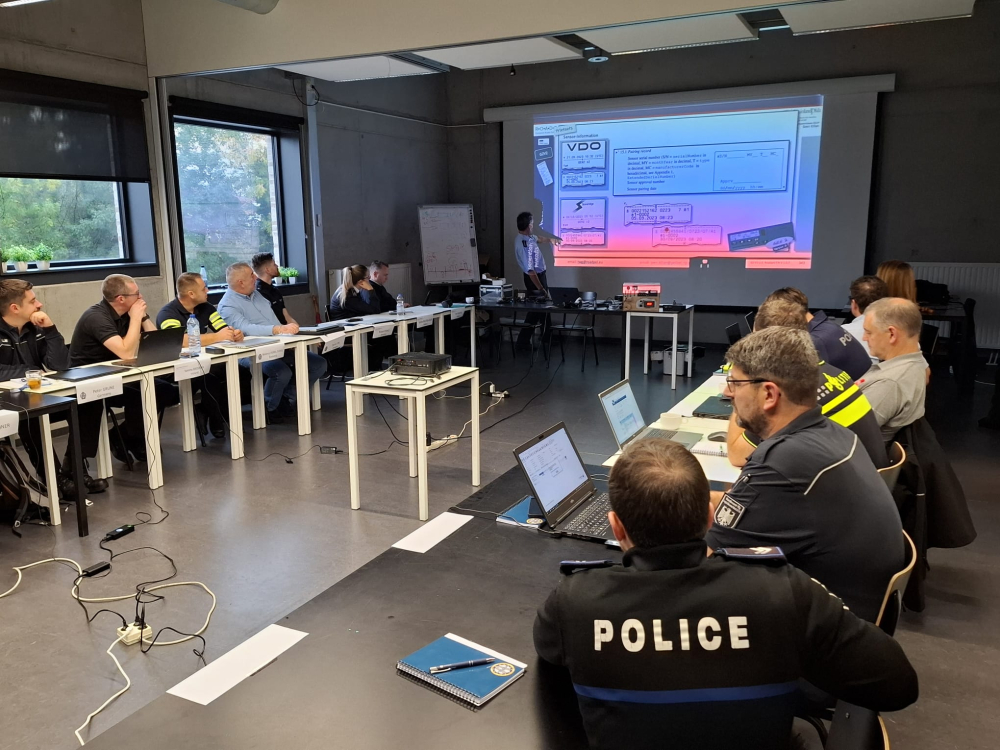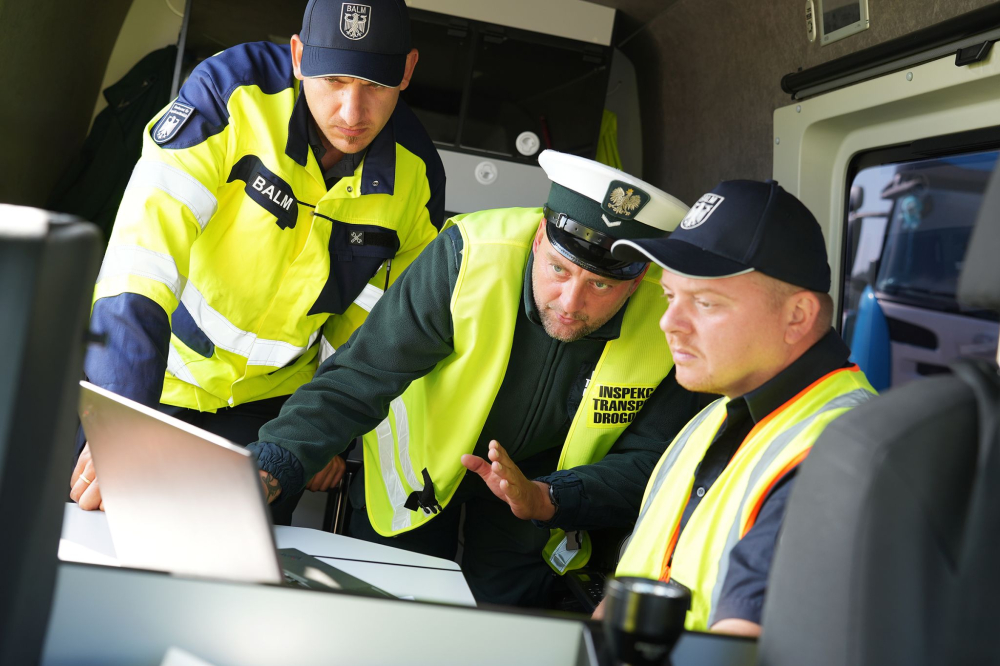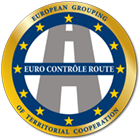ECR EGTC’s Role in Enhancing Road Transport Enforcement in Europe
Strengthening road transport enforcement across Europe is a long-term and collective effort. Throughout 2025, the Euro Contrôle Route European Grouping of Territorial Cooperation (ECR EGTC) community has demonstrated a strong commitment to cooperation, shared learning, and practical alignment across national authorities. As we look back on the year to date, it is clear that a broad programme of exchanges, operations, and expert workshops has contributed significantly to building a more consistent and fair enforcement landscape across Europe.
The year began with Masterclass I in Hasselt in March, jointly organised with European Roads Policing Network (ROADPOL), which brought together enforcement experts from across Europe to deepen their skills in detecting tachograph manipulation and interpreting social rules. Building on this foundation, Masterclass II, also organised in cooperation with ROADPOL and held in October, reinforced practical competencies and ensured continuity between both training programmes. Together, these masterclasses contributed to a shared and evolving understanding of fraud detection and compliance monitoring.

Masterclass in Hasselt, Belgium
In April, inspectors from several Member States came together during the International ACE I operation in Poland, which focused on dangerous goods (ADR) checks and the practical exchange of operational experience. In May, the TECHCA Workshop in Ireland supported dialogue on technical roadside inspections, vehicle approval processes, and developments in European safety regulations, helping strengthen operational alignment between authorities.
Cross-border cooperation continued in June, when officers from France and Germany conducted a joint inspection in Ottmarsheim focusing on vehicle condition, load securing, compliance with social rules, and environmental controls. This was followed by the ADR Expert Class in Germany between June and July, during which inspectors examined advanced ADR topics, including lithium battery transport and emerging digital documentation practices. In July, the DRT Workshop in the Netherlands allowed officers to exchange perspectives on driving and resting time rules, posting requirements, and the use of enforcement technologies such as DSRC.
Regional cooperation deepened after the summer. In September, the trilateral exchange involving Poland, Germany, and the Czech Republic enabled inspectors to conduct shared roadside checks focusing on vehicle condition, cargo securing, and social legislation. This initiative helped strengthen consistency across neighbouring jurisdictions and further advanced operational alignment.

Trilateral Exchange in Poland
Autumn remained equally active. Masterclass II in October expanded on the skills introduced earlier in the year, while the ACE II cross-border operation in France, also conducted in October, again focused on dangerous goods enforcement through coordinated ADR checks. Cooperation continued into November with an exchange in Luxembourg, where participating Member States engaged in discussions on inspection challenges, cross-border alignment, and best practices.
Several significant engagements are still forthcoming. The ECR EGTC community is preparing for the 2025 Annual Conference in The Hague on 26–27 November, which will bring together members, partners, and stakeholders to reflect on the year’s achievements and define priorities for the year ahead under the theme “Stronger Together: Connecting Road Enforcement Across Europe.”
In addition to the conference, a multilateral exchange in Houten, The Netherlands will take place from 24 to 27 November. This upcoming activity will enable inspectors to work jointly on roadside controls, compare approaches, and strengthen cooperation in a practical operational setting.
These final engagements will feed into the ECR EGTC Annual Report 2025, which will present a comprehensive overview of the year’s activities and achievements. As planning for 2026 advances, the insights gained from this year’s extensive programme, spanning social rules, dangerous goods, technical inspections, and cross-border coordination, will continue to guide shared priorities and strengthen joint enforcement across Europe.
Taken together, the activities of 2025 reflect a strong and united commitment within the ECR EGTC community. They demonstrate how cooperation, shared practice, and coordinated enforcement contribute to safer roads, fairer competition, and a more harmonised enforcement environment across Europe. As the year concludes, this foundation of collaboration will remain central to the future of European road transport enforcement.
20/11/2025 - 09:00
